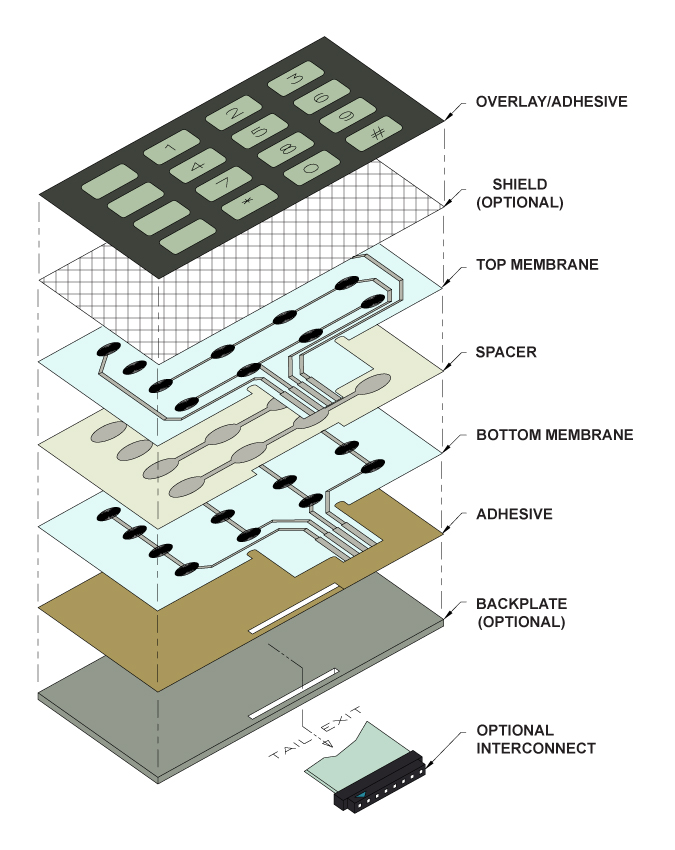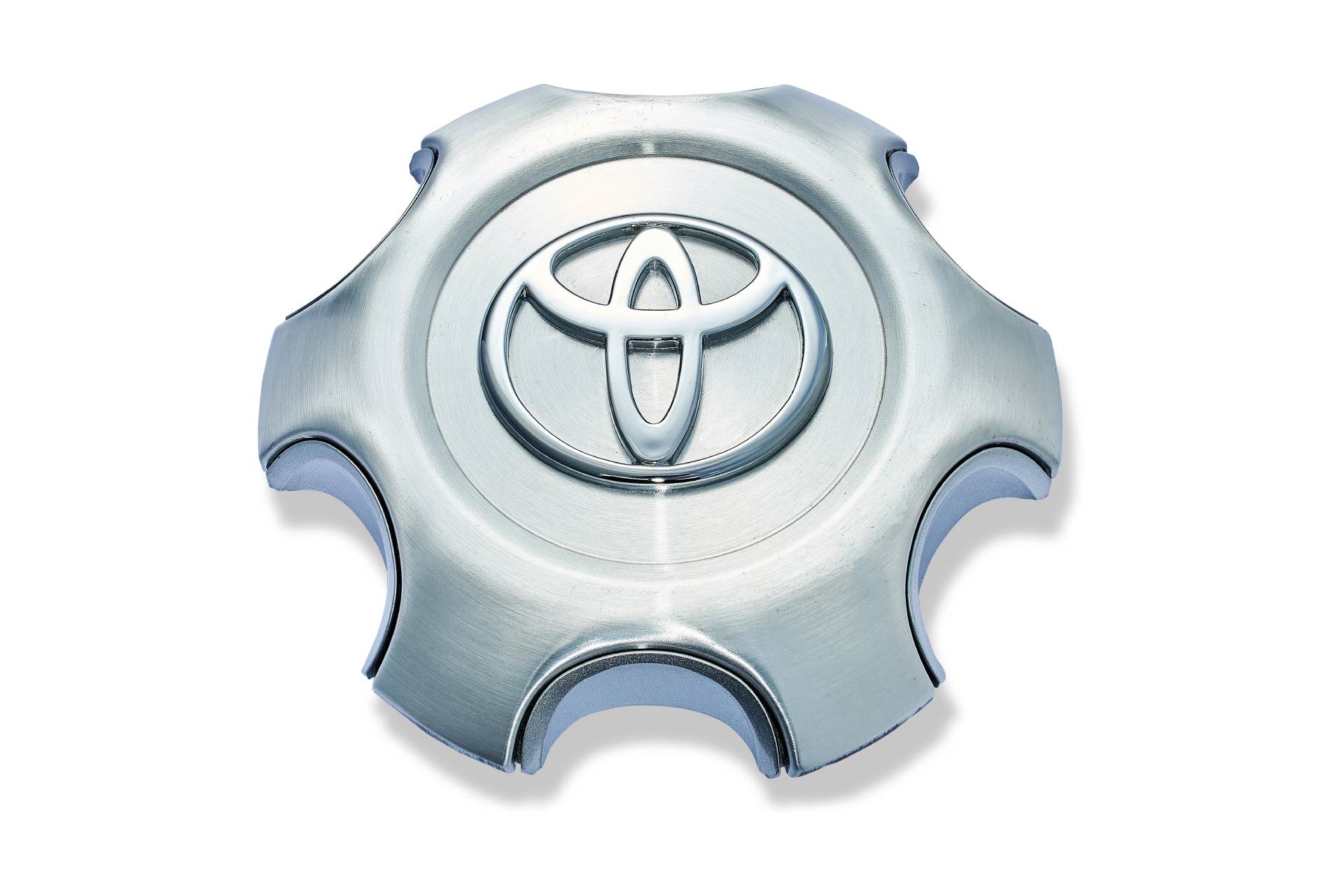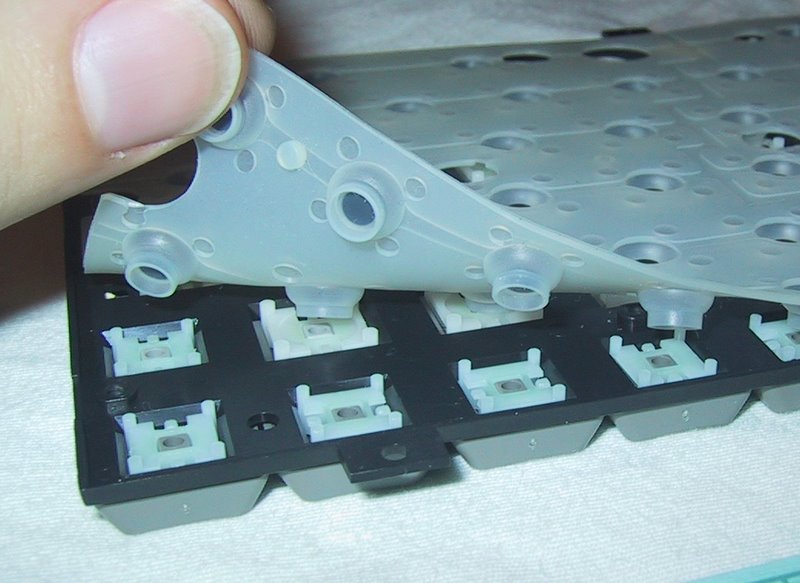You’ll notice the difference when working with a top-tier membrane switch manufacturer.
You’ll notice the difference when working with a top-tier membrane switch manufacturer.
Blog Article
Everything About Membrane Layer Change: Recognizing Its Design and Functionality
When you consider the control user interfaces in modern-day gadgets, membrane buttons usually come to mind. These parts are greater than just buttons; they mix layout and performance perfectly. Recognizing how they function and what makes them efficient can transform your perspective on daily electronics. There are nuances to their design and performance that you may not be mindful of. Let's discover what collections membrane switches apart from various other control systems.
What Are Membrane Buttons?

Their smooth nature makes them very easy to tidy and resistant to dirt and dampness, a vital attribute in lots of environments. Membrane layer buttons can additionally be personalized relating to shape, dimension, and graphics, enabling producers to produce special user interfaces tailored to particular items. Plus, they're light-weight and thin, which aids in minimizing the overall mass of devices. Overall, membrane switches play a substantial duty in improving user experience across a vast selection of applications.
How Membrane Switches Job
When you press a secret on a membrane layer switch, it turns on an uncomplicated yet effective system. The leading layer, often made from flexible product, lowers onto a conductive layer underneath it. This activity bridges the gap between conductive traces, finishing an electric circuit. As quickly as the circuit shuts, it sends a signal to the device's controller, which interprets your input.
You'll observe that the tactile comments differs based on the switch design, offering either a soft click or an extra noticable reaction. Once you release the key, the membrane go back to its initial placement, reopening the circuit and quiting the signal. This process occurs practically instantly, guaranteeing a responsive user experience.
Membrane layer switches are popular because of their longevity and resistance to dust and dampness, making them excellent for various applications, from family home appliances to clinical devices. Comprehending this operation aids you value their prevalent use.
Secret Elements of Membrane Layer Switches
Recognizing the key components of membrane buttons is basic for realizing their performance and layout. The safety layer shields against environmental variables and wear, expanding the button's life-span. By recognizing these components, you'll get insight right into how membrane layer switches over run and their relevance in various applications.
Products Utilized in Membrane Layer Switch Layout
The performance and durability of membrane switches greatly rely on the products used in their layout. You generally encounter polyester and polycarbonate as main substrates due to their outstanding stamina and flexibility. These products withstand scratches and chemicals, making them excellent for demanding settings.
The conductive layers typically utilize silver or carbon, picked for their reliability and conductivity. membrane switch manufacturer. Silver provides superior performance, while carbon is an affordable alternative. For the overlay, you might take into consideration a matte or shiny finish, depending upon your aesthetic demands and user experience
Make specific to select adhesives that hold up against environmental variables like temperature level and moisture. Selecting the best products will certainly guarantee your membrane switch stands the test of time.
Design Considerations for Membrane Switches
While making membrane switches, it's vital to take into consideration various variables that influence their functionality and customer experience. Begin by focusing on the layout and button size; make sure they're instinctive and simple to navigate. Think about the responsive responses you wish to supply-- will users need a noticeable click or a softer touch? Additionally, consider the products you'll make use of, as they'll influence sturdiness and looks.
Don't overlook the graphic design; clear labeling and shade comparison are considerable for presence. Validate your design fits ecological variables, like wetness or temperature level variants, which might affect efficiency. Bear in mind the value of testing prototypes with real individuals to gather feedback and make needed changes. This iterative process helps you improve the design, verifying it fulfills both useful and visual needs successfully. By very carefully thinking about these elements, you'll develop a membrane button that improves usability and satisfaction.
Applications of Membrane Layer Buttons
Membrane layer buttons are flexible elements located in different applications, from industrial equipment to blog customer electronic devices. You'll see their influence in devices that require long lasting user interfaces and in gadgets that take advantage of smooth layouts. Understanding these applications assists you value the functionality and usefulness of membrane layer switches in everyday technology.
Industrial Tools Usage
When you're wanting to improve the functionality of industrial devices, membrane switches provide a reputable solution that incorporates toughness with easy to use style. These buttons are perfect for severe environments, offering resistance to dust, wetness, and chemicals. You'll locate them in control panels for producing equipments, a/c systems, and clinical gadgets, where precision and responsiveness are vital. Their reduced profile means they fit perfectly into numerous equipment, saving valuable room while keeping convenience of use. With adjustable graphics and backlighting choices, you can produce an user-friendly interface for operators, boosting efficiency and safety. And also, their long lifespan reduces upkeep costs, making them a clever financial investment for your commercial applications. Accept membrane layer buttons to simplify your operations and enhance overall efficiency.
Customer Electronic Devices Combination
In the domain of consumer electronic devices, membrane layer switches play an Related Site important duty in improving individual interaction and tool functionality. You'll locate them in gadgets like microwaves, push-button controls, and video gaming consoles, providing a seamless way to connect with innovation. Their smooth style enables very easy assimilation right into numerous products, making controls user-friendly and easy to use. With their capacity to incorporate graphics and backlighting, you can enjoy a modern aesthetic that enhances the device's overall look. Membrane switches likewise ensure toughness and resistance to dust and moisture, prolonging the life expectancy of your electronic devices. By picking membrane switches, you boost not simply the functionality yet additionally the design of your tools, making everyday interactions smooth and pleasurable.
Benefits and Downsides of Membrane Buttons
While membrane buttons provide an array of benefits, they likewise come with some downsides that you ought to consider. One significant advantage is their small style, making them ideal for space-constrained applications.

Nevertheless, there are downsides. Membrane layer switches can have a shorter life-span compared to mechanical buttons, specifically under heavy use. They can additionally be less tactile, which could influence customer feedback throughout operation. If harmed, repairing them can be challenging and usually needs full substitute. Inevitably, their sensitivity to severe temperatures and environmental problems might limit their efficiency in certain setups. Stabilizing these pros and cons will assist you establish if membrane layer switches are the ideal fit for your project.
Often Asked Concerns
How Much Time Do Membrane Changes Commonly Last?
Membrane changes typically last in between 5 to 10 years, relying on use and environmental conditions. You'll intend to evaluate aspects like wear, exposure to wetness, and temperature level fluctuations to evaluate their longevity successfully.
Can Membrane Layer Switches Over Be Personalized for Details Designs?
Yes, you can personalize membrane layer buttons to fit details styles (membrane switch manufacturer). You'll have the freedom to select shades, forms, and layouts that match your project's demands, guaranteeing they blend seamlessly with your total visual
What Is the Cost Array for Membrane Layer Change Production?
The price variety for membrane layer button manufacturing usually drops in between $1 and $10 each, depending upon aspects like layout complexity, quantity, and products. You can get quotes from manufacturers to locate the most effective option.

Are Membrane Layer Switches Over Waterproof or Resistant?
Membrane layer buttons can be made to be waterproof or immune, depending on products made use of and building and construction methods. If you require them for damp environments, ensure you specify those demands during the style process.
Just How Do Membrane Layer Changes Contrast to Conventional Switches?
Membrane switches are typically thinner and More about the author extra adaptable than traditional switches, providing a sleek style. They're usually simpler to clean and incorporate, yet could not supply the responsive feedback you're used to with mechanical options.
Final thought

Report this page